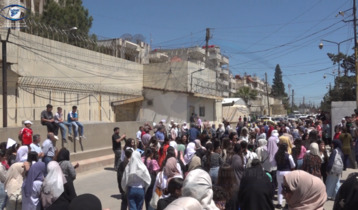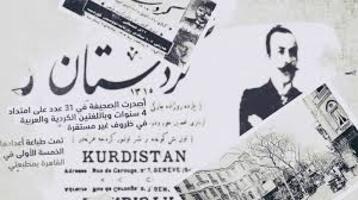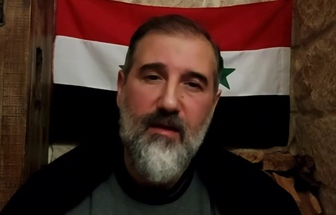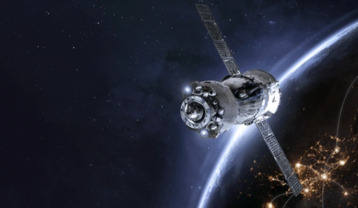-
Pope Francis blames EU divisions on migration as he begins visit to Greece
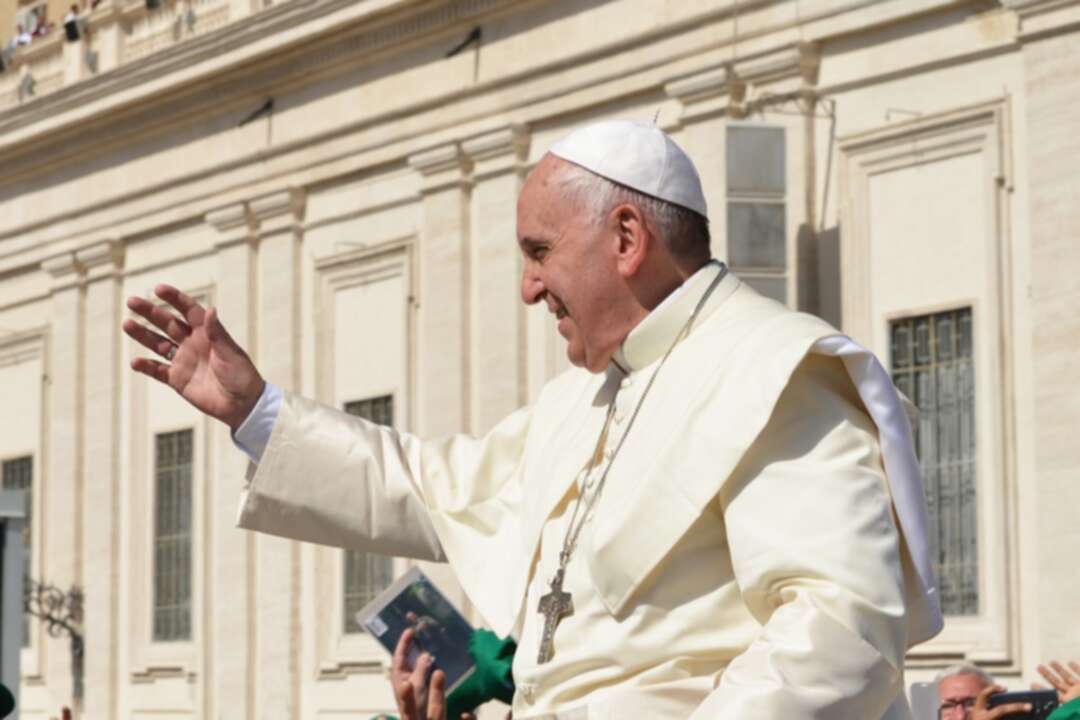
The Arab News reported according to AFP, Pope Francis on Saturday blamed the EU’s nationalist divisions for a lack of coordination on migration as he began a landmark trip to Greece, aiming to improve complicated relations with the country’s Orthodox Church.
Francis said that Europe was “torn by nationalist egoism” on migration during a meeting with EU vice president Margaritis Schinas, Greek President Katerina Sakellaropoulou and Prime Minister Kyriakos Mitsotakis, among other officials.
The pope said, the European community “continues to temporize” and “appears at times blocked and uncoordinated” instead of being an “engine of solidarity” on migration.
“Today, and not only in Europe, we are witnessing a retreat from democracy,” he said, warning against populism’s “easy answers.”
Francis has long championed refugees, calling them “protagonists of a terrible modern Odyssey.”
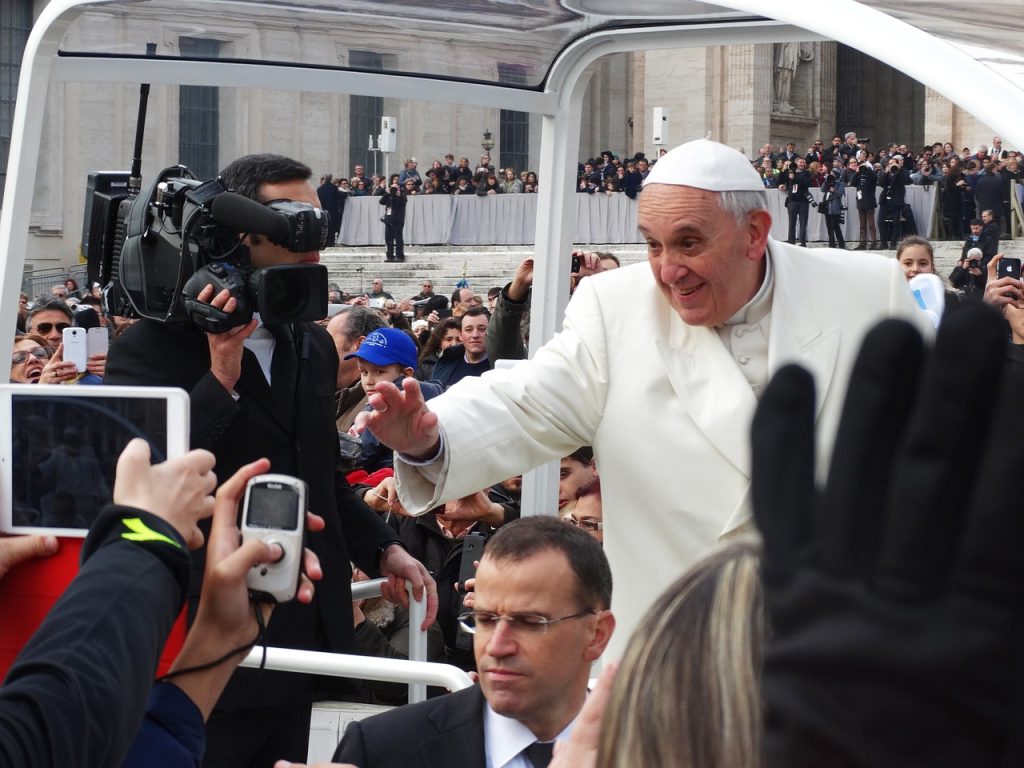 Pope Francis/Pixabay
Pope Francis/PixabayOn Sunday, he will return to the island of Lesbos which he visited in 2016 during the early years of the migration crisis.
Read more: Former England cricketer Eileen Ash, the world’s oldest Test cricketer, dies aged 110
The 84-year-old’s visit to the Greek capital is the first by a pope since John Paul II in 2001, which in turn was the first papal visit to Athens since the 1054 Schism between the Catholic and Orthodox Churches.
Flying in after a two-day trip to Cyprus, the pope landed shortly after 0900 GMT in the Greek capital, where security was heightened over expected protests by Orthodox hard-liners among whom anti-papal sentiment remains strong.
Strong wind offered an unexpected challenge, with Francis coming down the stairs of the plane skullcap in hand.
Francis is scheduled to see the head of the Church of Greece Archbishop Ieronymos later Saturday, followed by members of Greece’s small Catholic community, which represent just 1.2 percent of the majority-Orthodox population.
Francis flies back to Rome on Monday.
Up to 2,000 police are deployed in Athens to monitor possible disruptions by Orthodox hard-liners, who blame the Catholics for the Schism and the 1204 sacking of Constantinople during the Fourth Crusade.
Read more: Kurdish demonstrators break global toxic arms watchdog’s headquarters in The Hague
Reciprocal excommunications exchanged between the two churches after the Schism were only lifted in 1965.
Authorities banned protests in the Athens center, and many Greeks have expressed apathy over the visit.
Periklis, owner of a religious icon shop in Athens, said: “Perhaps it is important to migrants in Greece who are in need. We the Orthodox expect nothing in particular."
Pierre Salembier, head of the Jesuit Catholic community in Greece, told AFP that relations with the Church of Greece are much better than they were ahead of John Paul’s visit.
But he said there were still some “known anti-Catholic fanatics” within the Church’s governing body.
The bishop of Piraeus called the pope’s visit “immoral,” according to the union of Orthodox journalists.
During his visit to Cyprus, Francis condemned “slavery” and “torture” in migrant camps, drawing parallels with World War II.
The Cyprus government said Friday that 50 migrants, including two Cameroonians stuck for months in the divided island’s buffer zone, will be relocated to Italy thanks to Francis.
On Sunday the pope will again visit Greece’s Lesbos, a flashpoint of the 2015 refugee crisis and thereafter, “as a pilgrim to the wellsprings of humanity” to call for the integration of refugees.
Read more: White House says it isn’t lobbying against bill on China’s Uyghurs
The island’s sprawling Moria migrant camp, which the pontiff visited in 2016, burnt down last year and has been replaced by the temporary facility of Mavrovouni.
With EU funds, Greece is building a series of “closed” facilities on Greek islands with barbed wire fencing, surveillance cameras, X-ray scanners and magnetic gates that are closed at night.
Three such camps have opened on the islands of Samos, Leros and Kos, with Lesbos and Chios to follow next year.
NGOs and aid groups have raised concerns about the new camps, arguing that people’s movements should not be restricted.
Thirty-six groups active in Greece this week wrote to Francis raising the plight of people in the camps and requesting his help to halt illegal pushbacks of migrants allegedly by Greek border officers.
Greece vehemently denies the claims, insisting its coast guard saves lives at sea.
Addressing Francis on Saturday, President Sakellaropoulou insisted Athens “is making every possible effort to prevent the illegal traffic of people and their political exploitation.”
Read more: Mexican immigration authorities find 210 migrants packed into a truck trailer
An official said, the pontiff is expected to visit the camp and will meet two “randomly chosen” families.
Berthe, a Cameroonian asylum seeker at the camp, said: “We await him with open arms."
She said she hoped the pope “will pray for us to help us overcome the insecurities we have lived, through faith.”
On Wednesday, nearly 30 asylum seekers landed near the camp. On Friday, two migrants died when a speedboat overturned near the Greek island of Kos.
Source: arabnews
You May Also Like
Popular Posts
Caricature
BENEFIT Sponsors BuildHer...
- April 23, 2025
BENEFIT, the Kingdom’s innovator and leading company in Fintech and electronic financial transactions service, has sponsored the BuildHer CityHack 2025 Hackathon, a two-day event spearheaded by the College of Engineering and Technology at the Royal University for Women (RUW).
Aimed at secondary school students, the event brought together a distinguished group of academic professionals and technology experts to mentor and inspire young participants.
More than 100 high school students from across the Kingdom of Bahrain took part in the hackathon, which featured an intensive programme of training workshops and hands-on sessions. These activities were tailored to enhance participants’ critical thinking, collaborative problem-solving, and team-building capabilities, while also encouraging the development of practical and sustainable solutions to contemporary challenges using modern technological tools.
BENEFIT’s Chief Executive Mr. Abdulwahed AlJanahi, commented: “Our support for this educational hackathon reflects our long-term strategic vision to nurture the talents of emerging national youth and empower the next generation of accomplished female leaders in technology. By fostering creativity and innovation, we aim to contribute meaningfully to Bahrain’s comprehensive development goals and align with the aspirations outlined in the Kingdom’s Vision 2030—an ambition in which BENEFIT plays a central role.”
Professor Riyadh Yousif Hamzah, President of the Royal University for Women, commented: “This initiative reflects our commitment to advancing women in STEM fields. We're cultivating a generation of creative, solution-driven female leaders who will drive national development. Our partnership with BENEFIT exemplifies the powerful synergy between academia and private sector in supporting educational innovation.”
Hanan Abdulla Hasan, Senior Manager, PR & Communication at BENEFIT, said: “We are honoured to collaborate with RUW in supporting this remarkable technology-focused event. It highlights our commitment to social responsibility, and our ongoing efforts to enhance the digital and innovation capabilities of young Bahraini women and foster their ability to harness technological tools in the service of a smarter, more sustainable future.”
For his part, Dr. Humam ElAgha, Acting Dean of the College of Engineering and Technology at the University, said: “BuildHer CityHack 2025 embodies our hands-on approach to education. By tackling real-world problems through creative thinking and sustainable solutions, we're preparing women to thrive in the knowledge economy – a cornerstone of the University's vision.”
opinion
Report
ads
Newsletter
Subscribe to our mailing list to get the new updates!




